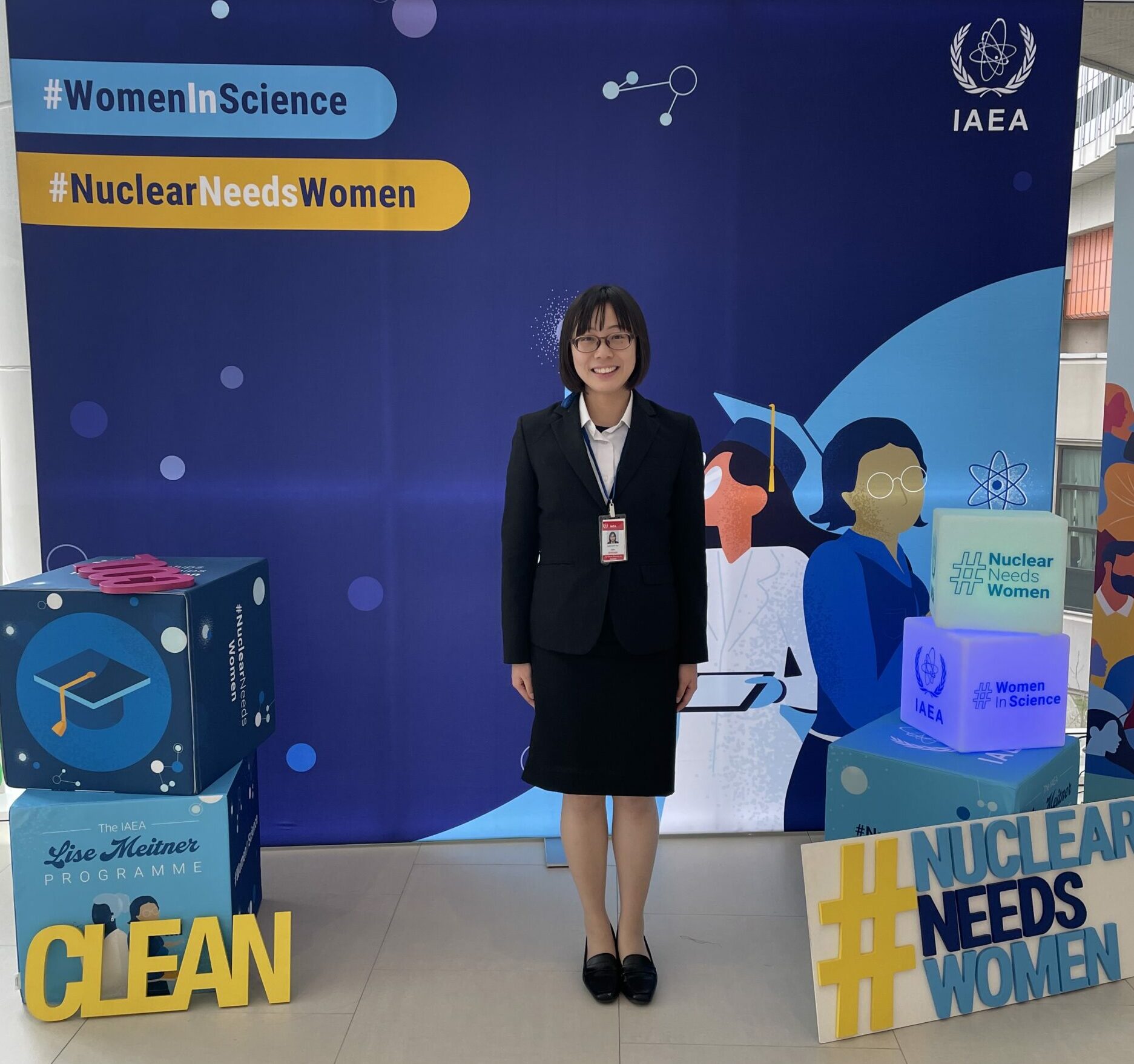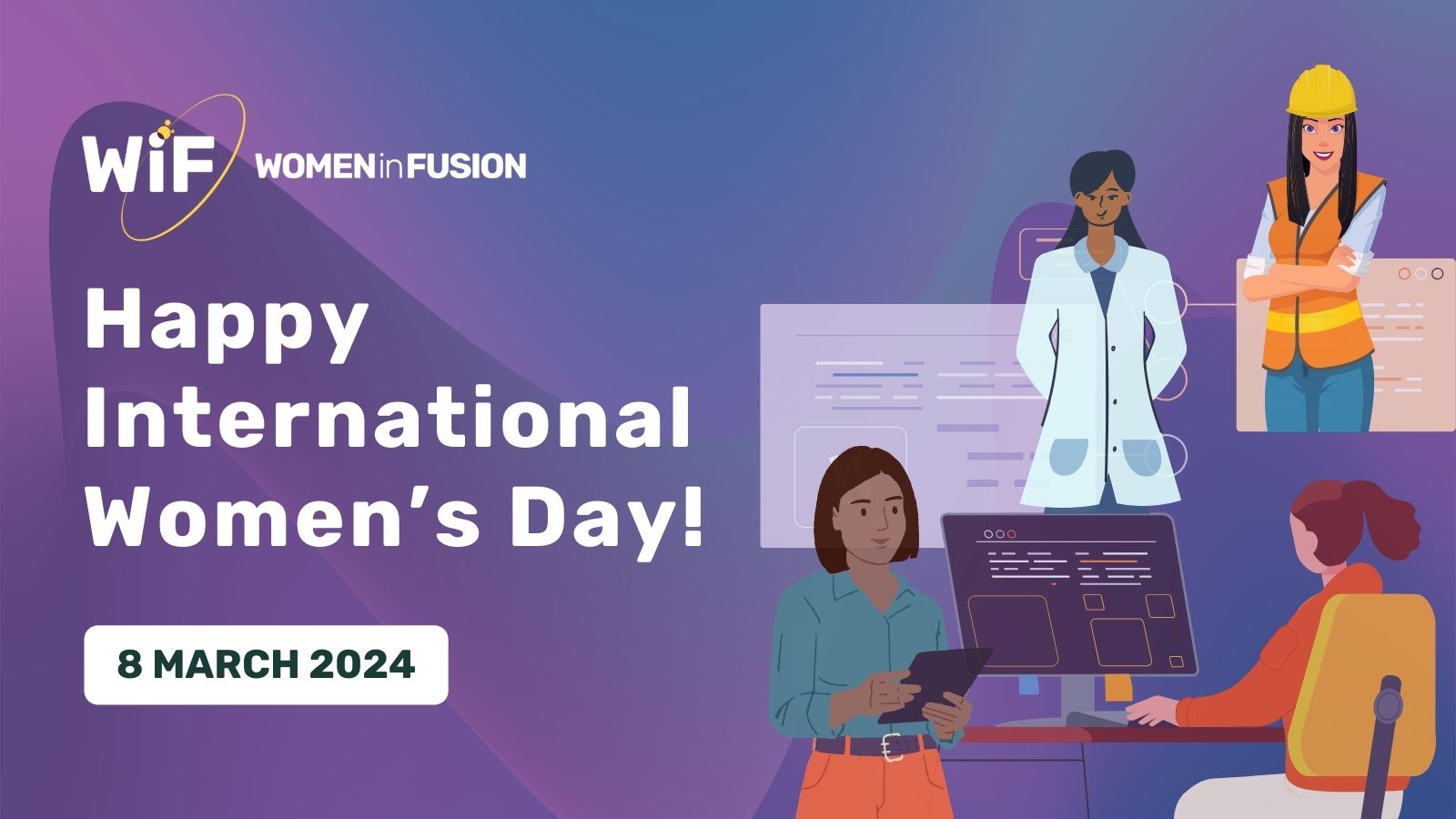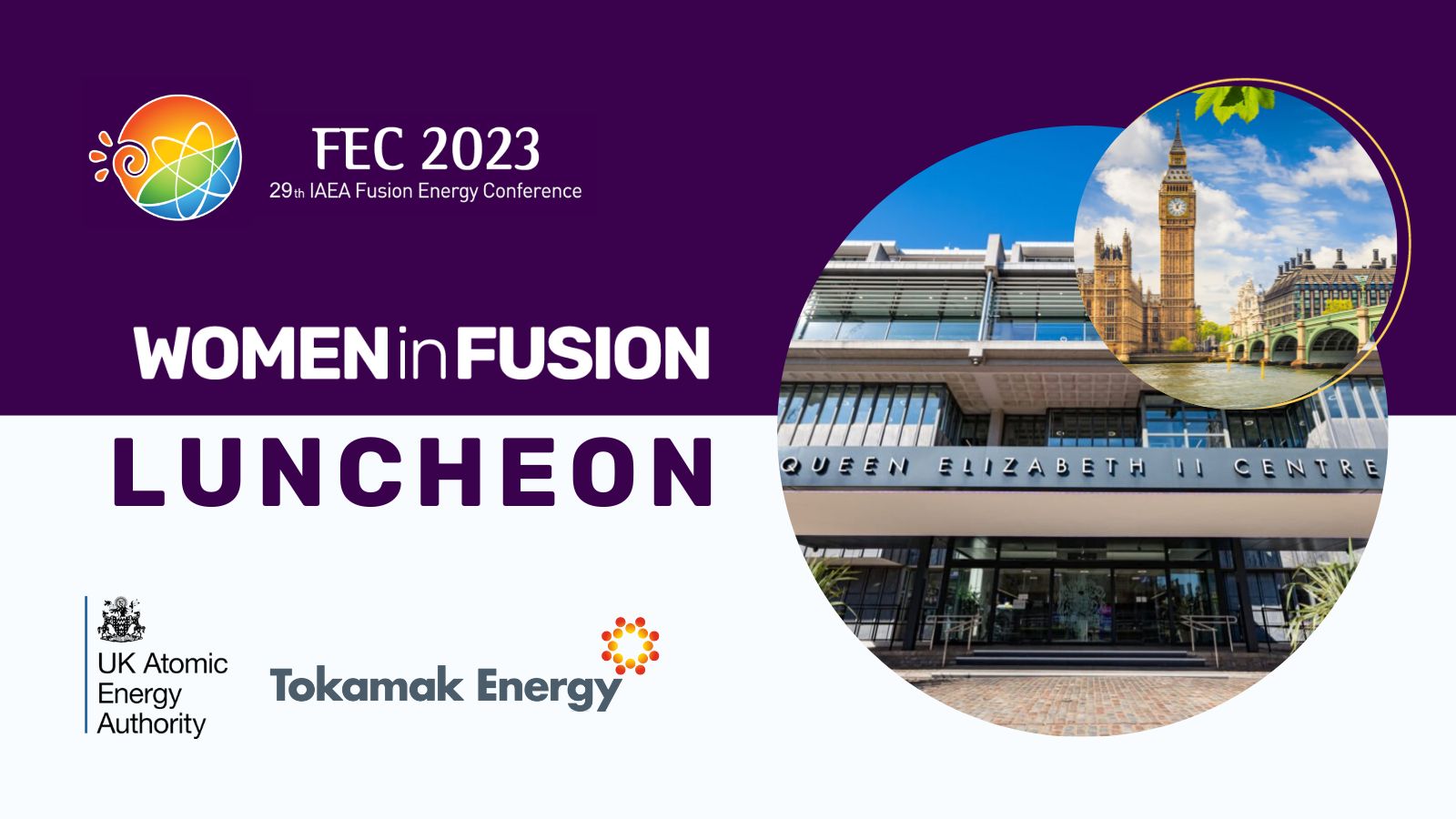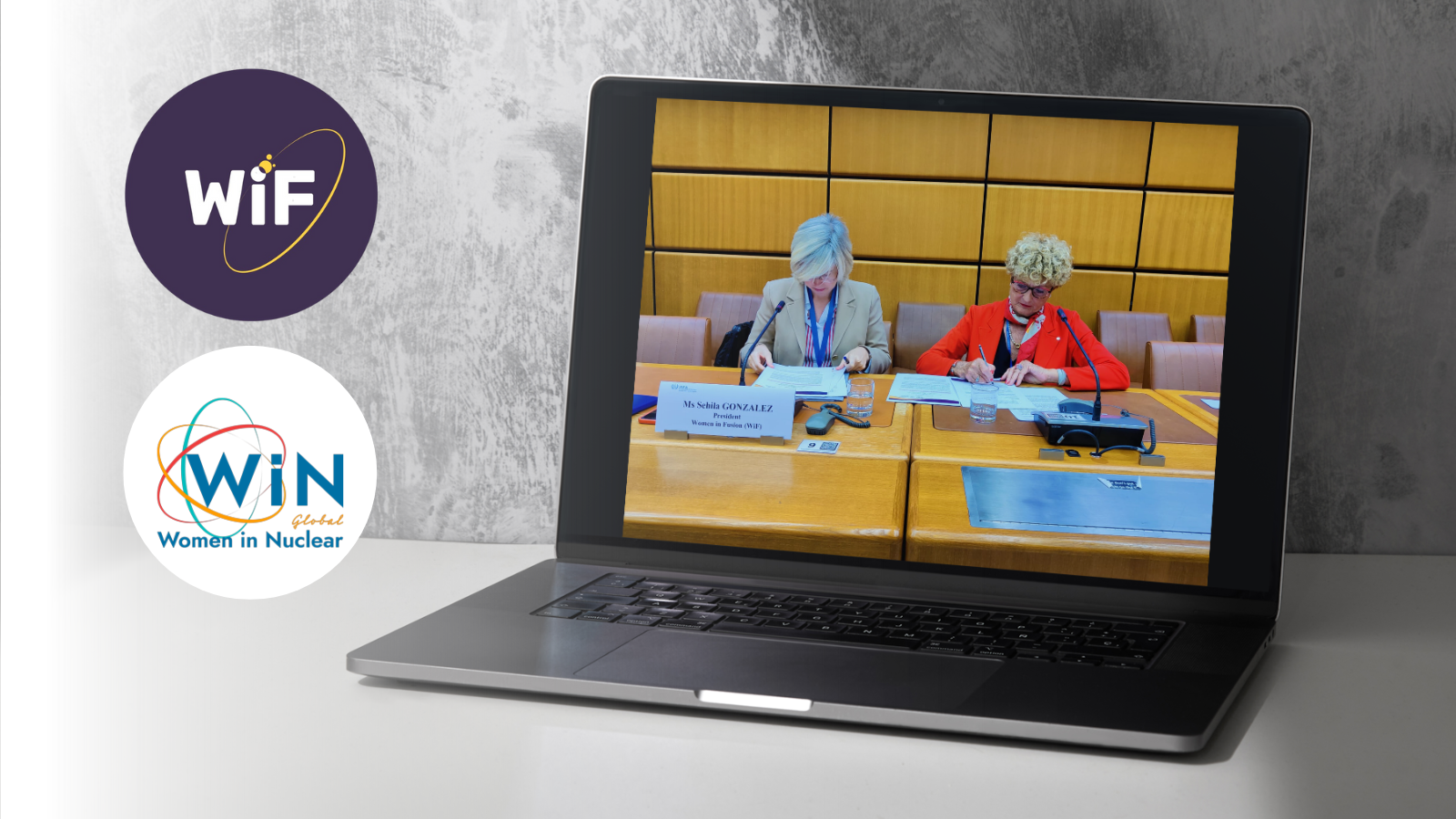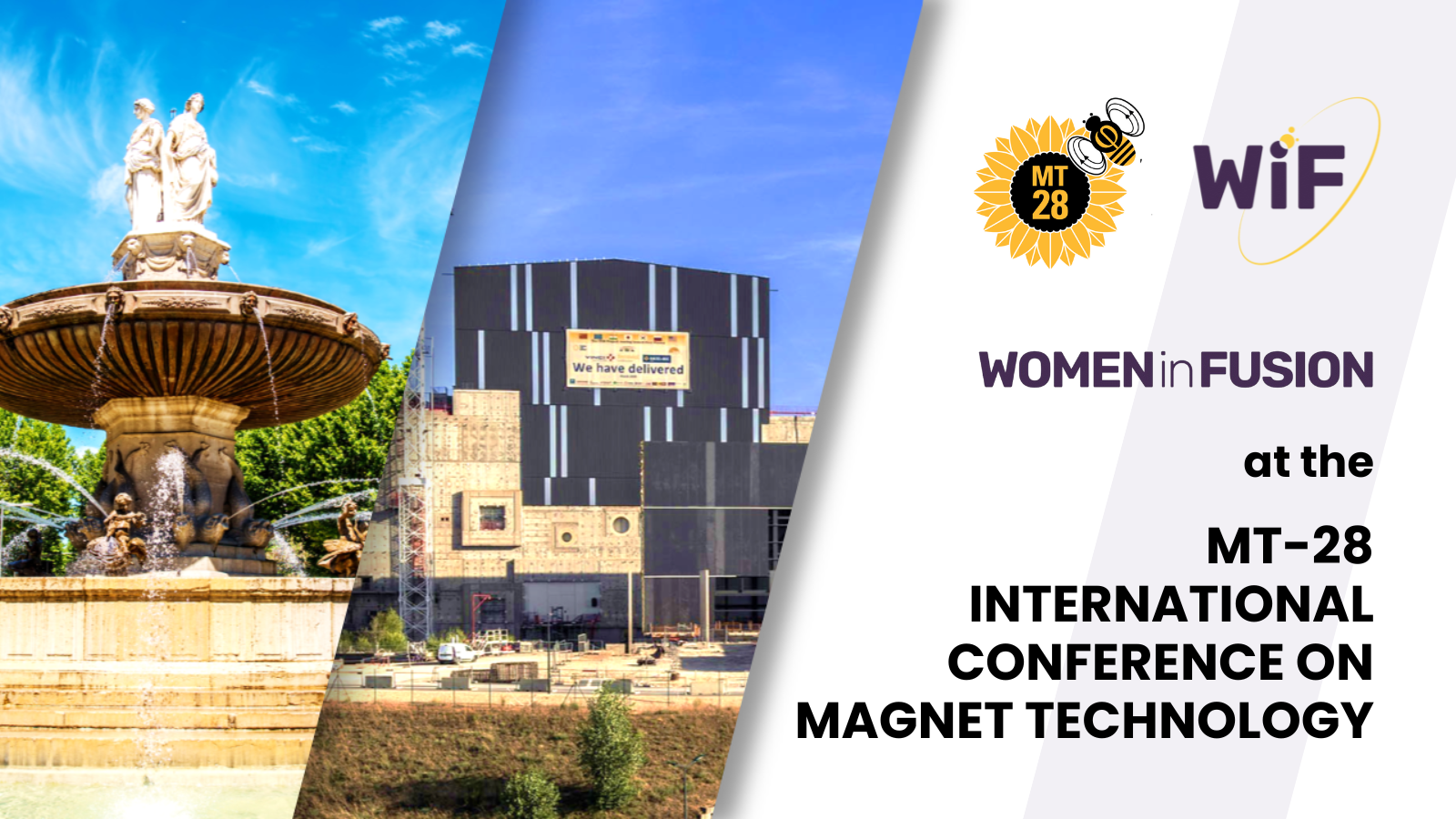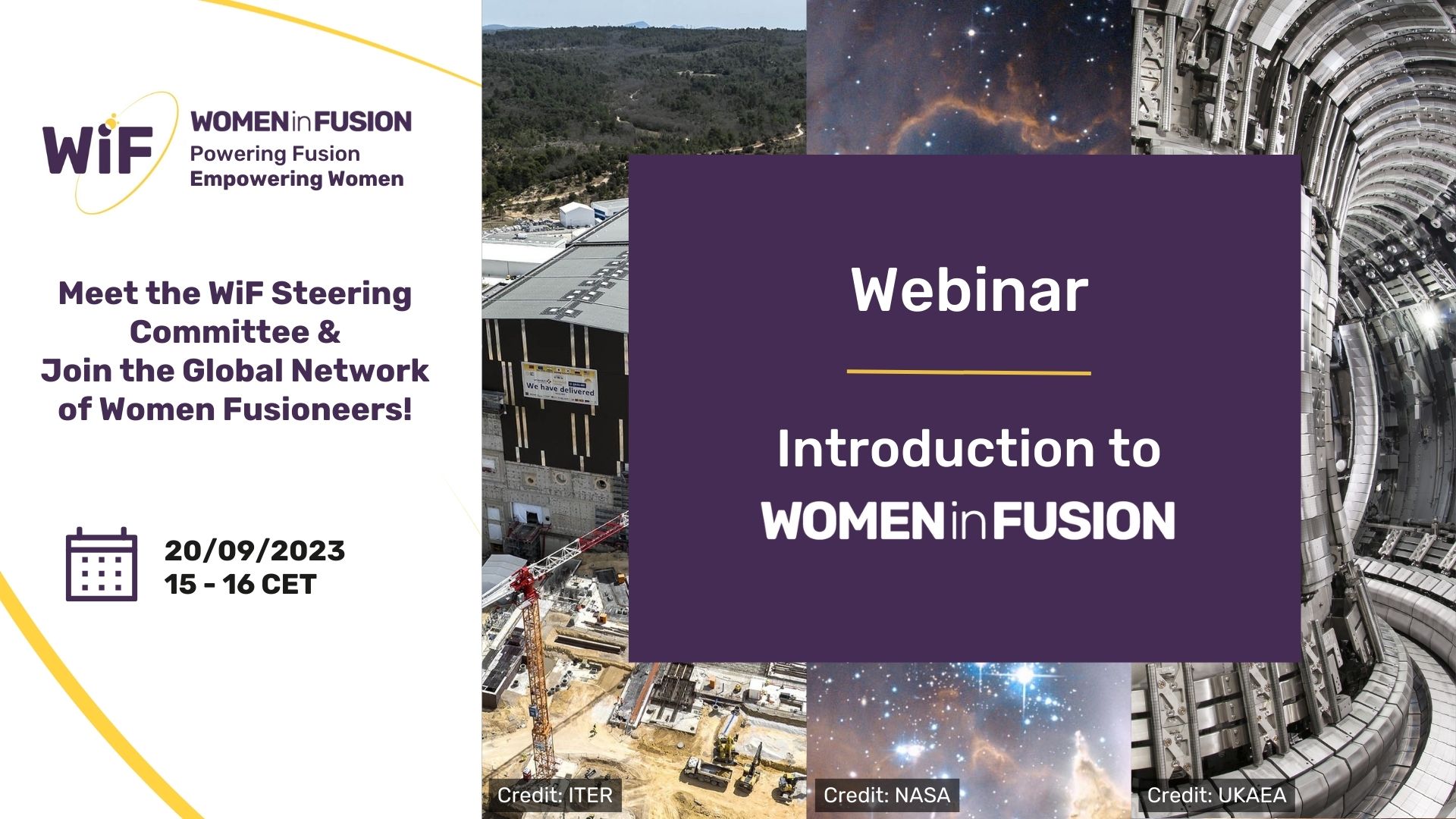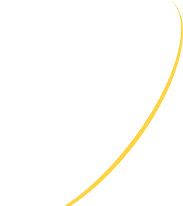Women in Fusion is excited to share an interview with Pietro Barabaschi, the Director-General of the ITER Organization. Together with Shira Tabachnikoff, the Internal & Stakeholder Relations Manager at the ITER Organization and the Vice Chair of the Women in Fusion Steering Committee, Pietro discussed such important questions as:
⠀
- What challenges do women face in STEM and how to eliminate them?
- What are the two main reasons for promoting equity, diversity, and inclusion at the workplace?
- What proactive measures can help women succeed in their career?
- What is being done at ITER to support women and what are plans for the future?
⠀
⠀
Shira: How did you get started in fusion? And did you start noticing the role of women in education and fusion throughout your studies and career?
⠀
Pietro: I am an engineer, and I started my career immediately after school. I had worked in the JET joint undertaking, then – in early 90s – at ITER, then I worked also in the US and Japan, then came back to Europe where I worked again at ITER for some time and in some other projects. Regarding the diversity issues, at my engineering school, I had already noticed there were just a few women which I found remarkable – engineering was considered too mechanical for them. So throughout my career I have observed that we were very far from the gender balance. But back then it was also the question of awareness.
⠀
Shira: As you had a very international career, have you noticed some differences between countries?
⠀
Pietro: Definitely – and I suppose one of the reasons for that is cultural perception some people have about role distribution. For example, I think here in Europe we are now less advanced than in the United States. And even withing Europe, Scandinavian countries are now performing better in this direction than in the South of Europe. If we go to Asia, there will also be big differences between countries – and even within them.
⠀
Shira: Do you think it is important to have diversity in fusion?
⠀
Pietro: In my opinion, it is both – beneficial and fair – since these are the two key elements of diversity:
- There is a question of benefit and the value that it can bring to this discourse as women have a different way to do things and speak of them
- The issue of fairness means everybody should have the same opportunities to access their professional inspiration, management growth, etc.
Shira: What are the obstacles to being fair in your opinion?
⠀
Pietro: At a systemic (or societal) level, unfairness comes from restrictive measures that some countries set in place. from the societal instrument – certain systems in some countries. At this stage, we cannot implement many measures but we can try to mitigate gender diversity issues.
⠀
There is also the organizational level. And here we can start with being conscious of the bias. Bias is a tendency that not only brings the status quo but also reduces the degree of diversity within organizations. For example, men tend to be biased about hiring men, they have a different way of self-presentation, etc. These issues must be eliminated at the organizational level.
⠀
To deal with gender diversity issues in organizations, we need proactive measures. They include (but are not limited to):
- Raising awareness about gender diversity in fusion energy
- Set in place some measures to achieve gender diversity. E.g. to ensure there is always a woman in the interview panels, to compose inclusive job descriptions, etc.
Shira: Are you considering any changes at ITER in this dimension?
⠀
Pietro: I am happy that HR here understands the problem very well. So we need to give them tools to work in this dimension. We also need to establish collaboration with our partners and our Domestic Agencies in this dimension since an important factor in this process here is the outreach. We need to attract people to make the female job pool fuller. Step by step, we can ensure diversity and inclusion in the workplace.
⠀
Shira: ITER has invested a lot in Women in Fusion. There are several members in the Steering Committee along with members from other organizations. So, we hope to continue this collaboration.
⠀
Pietro: I hope so. I really applaud this initiative – it is wonderful, and I will do all I can to support it.
⠀
We thank Pietro for the interview and hope to strengthen our collaboration in building an inclusive and supportive environment for women building their careers in fusion!

